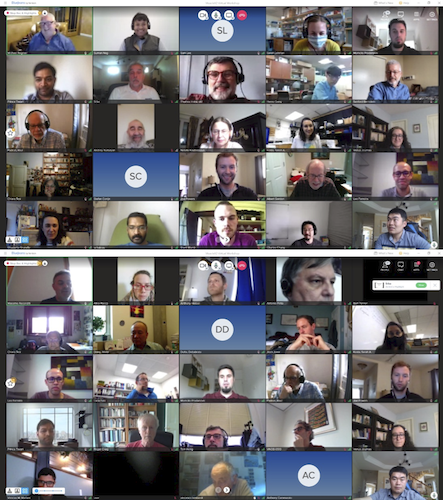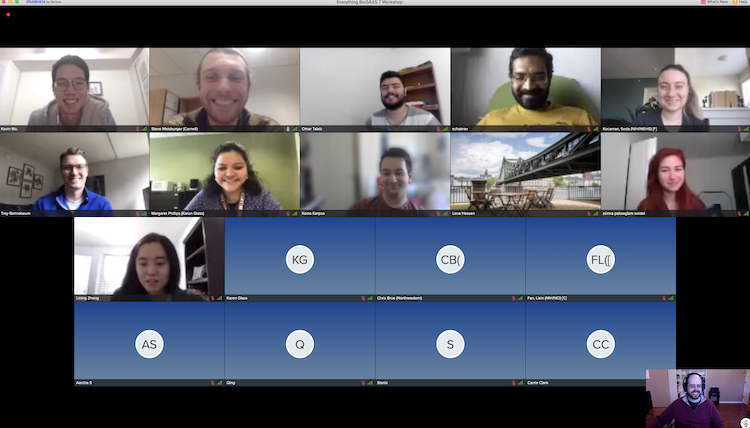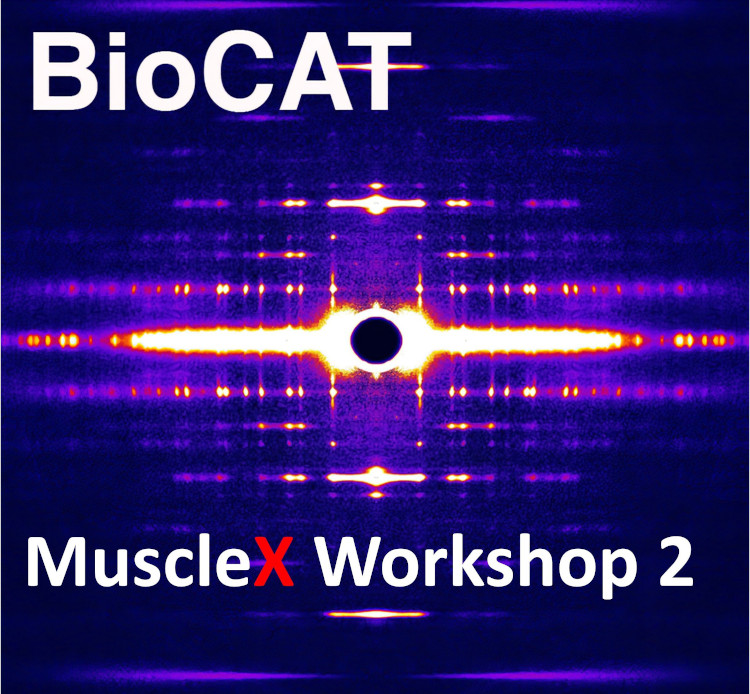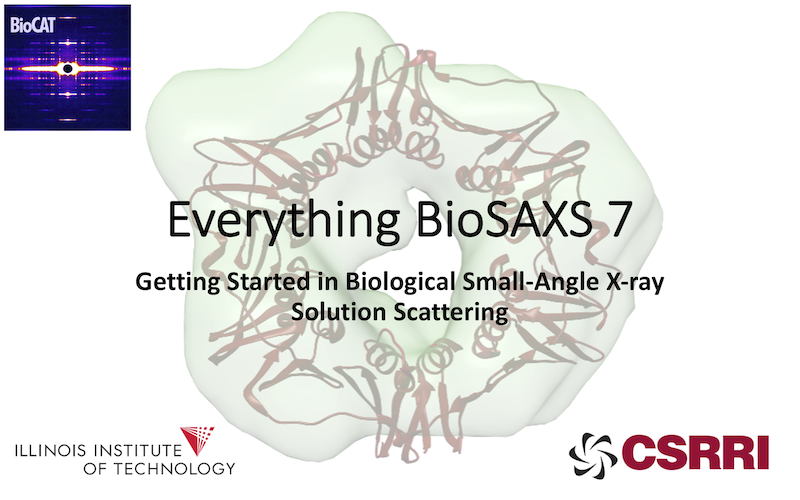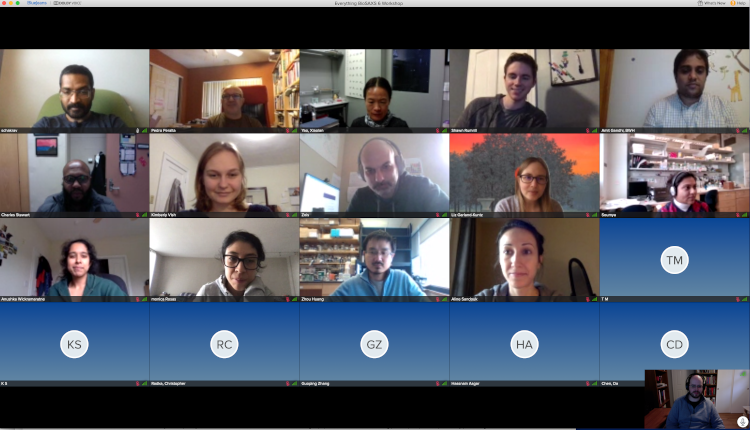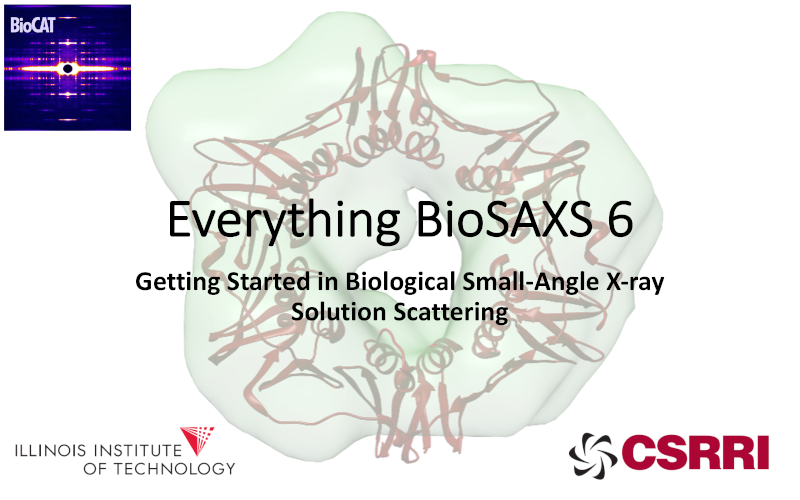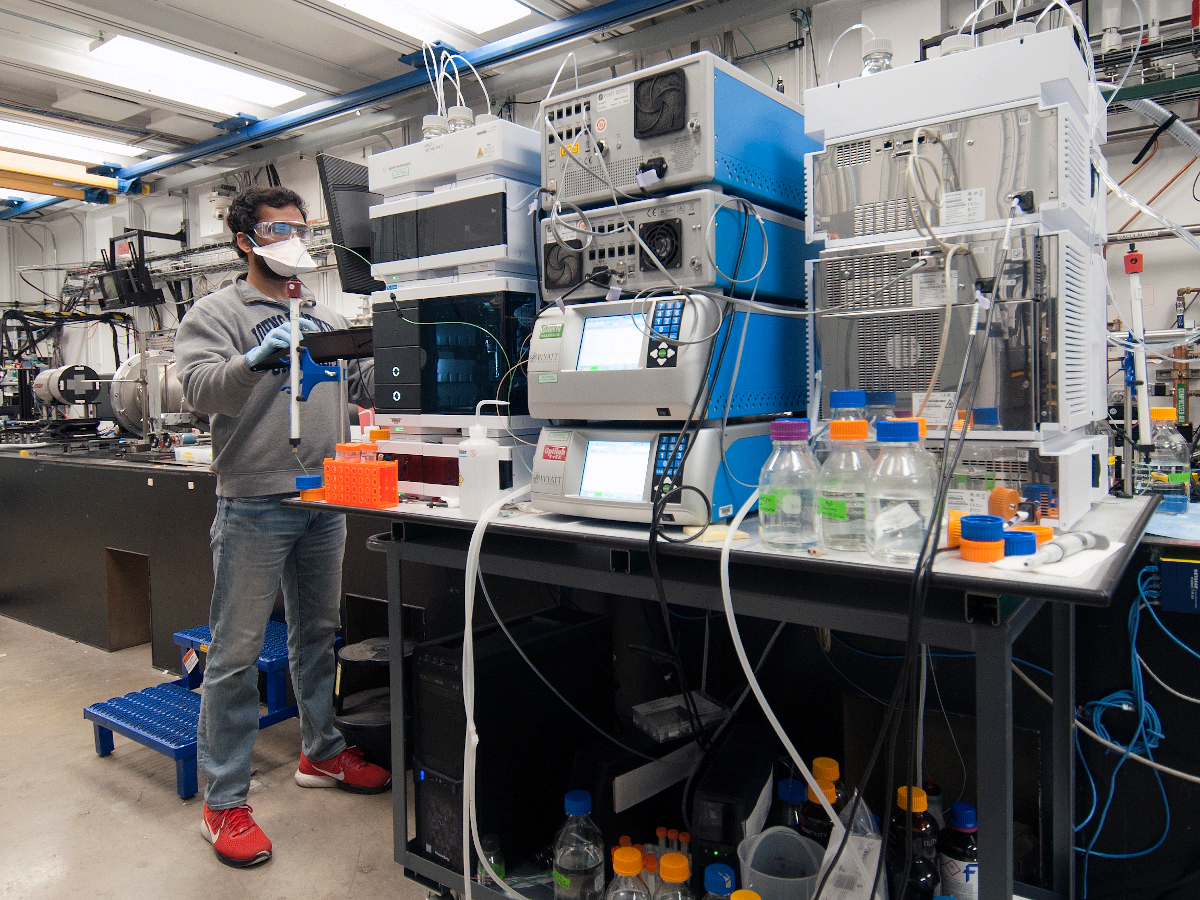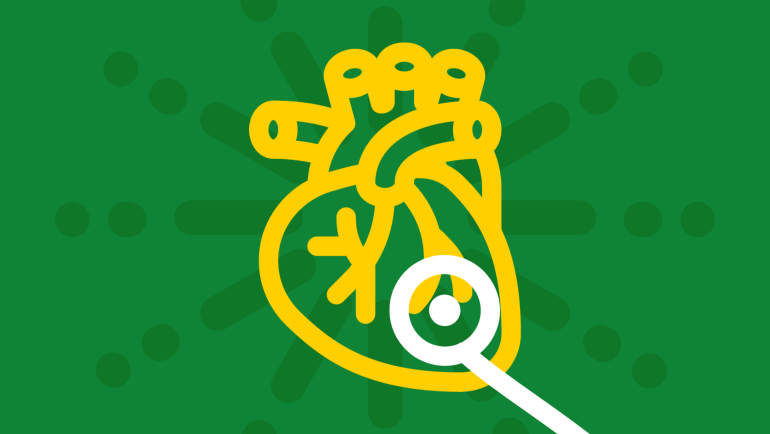
After the left ventricle of the heart contracts, it must relax efficiently to
prepare to refill and supply the body with blood on the next beat. An
increasing number of patients — including nearly all patients with heart
failure — suffer from impaired relaxation, which is part of a clinical syndrome
known as diastolic dysfunction. Currently, treatments for impaired relaxation
do not exist.
A team of Wayne State University School of Medicine researchers led by Charles
Chung, Ph.D., assistant professor of physiology, recently received a $1,894,271
grant from the National Heart, Lung, and Blood Institute of the National
Institutes of Health to address the critical need for new drug targets and
diagnostic indexes for diastolic dysfunction using novel biomechanical tests
that ultimately can be translated into clinical practice.
According to Chung, the project was inspired by his research team’s finding
that how quickly the heart’s muscle moves is directly related to how fast the
muscle can relax. The project will use unique experiments and imaging
techniques to link mechanical properties of the heart with models of heart
failure that occur in patients.
“My lab’s main research focus is to understand how the heart muscle moves at …
more ...
